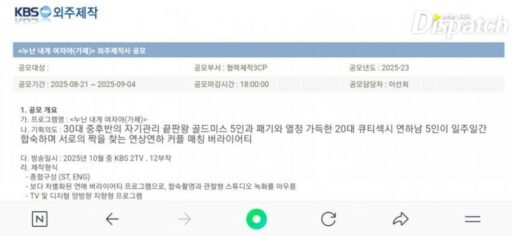Strengthening Support for Youth Asset Formation, Possible to Accumulate 20 Million Won in Three Years with Youth Future Savings
The government will launch the "Youth Future Savings" next year to support asset formation among the youth. This savings product allows youth to accumulate over 20 million won by contributing 500,000 won per month for three years.
President Yoon Suk-yeol reviewed and approved the "2026 Budget Plan" at the cabinet meeting this morning (29th), which contains significantly enhanced youth support policies.

The government plans to allocate 744.6 billion won next year to establish the Youth Future Savings initiative. This savings plan targets youth aged 19 to 34 with an income below 60 million won, and it is a tax-free product where the government provides additional support funds for monthly contributions of up to 500,000 won over three years. The general type receives 6%, and the preferred type receives 12% in government support.
The structure provides an additional deposit of 6% for the general type and 12% for the preferred type.
In particular, the preferred type increases the government support to 12%, double that of the general type, under the condition that the individual enrolls within six months of starting a new job at a small or medium-sized enterprise and maintains employment there for three years.
With the government support added to the monthly contributions and interest from the bank, the general type can yield a maximum of 20.8 million won, while the preferred type can yield 22 million won upon maturity in three years.
The government explained that it reduced the contribution amount from 700,000 won to 500,000 won and shortened the period from five years to three years, considering the 16% early withdrawal rate of the Youth Leap Account under the Yoon Suk-yeol administration.
Reducing Public Transport Burden, Expanding Flat Pass and Refund Support
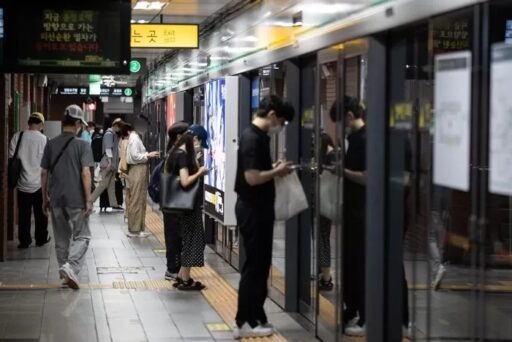
To alleviate the burden of using public transport, a new "Public Transport Flat Pass" will be introduced.
This pass allows individuals to use public transportation, such as buses and subways, up to 200,000 won per month for a fee of 50,000 to 60,000 won.
For those solely using subways and buses, youth, seniors, multi-child families, and low-income individuals pay only 55,000 won, while general passengers pay 62,000 won to access up to 200,000 won in transport costs monthly.
To use the metropolitan express railroad (GTX) and express buses, youth, seniors, multi-child families, and low-income individuals will pay 90,000 won, while general passengers will pay 100,000 won.
The existing K-Pass refund support will also be improved, increasing the refund rate for seniors from 20% to 30%.
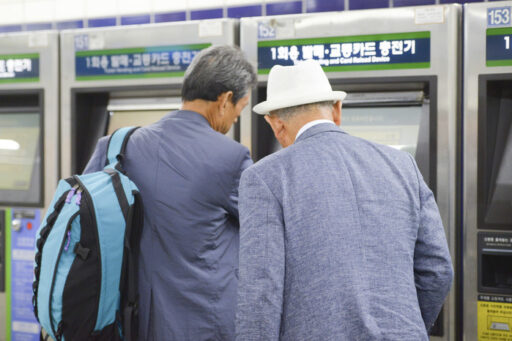
The refund rates for general (20%), youth (30%), multi-child families (50%), and low-income individuals (53%) will remain unchanged.
The budget for the public transport refund program, including the public transport flat pass, will be expanded by 122%, from 237.5 billion won this year to 527.4 billion won next year.
Support for Work-Life Balance, Strengthened Weekly 4.5-Day Work System and Childcare Support
The government will also introduce the "Work-Life Balance + 4.5 Project" to support work-family coexistence.
An investment of 25.7 billion won will support businesses implementing a 4.5-day work week with monthly subsidies of 200,000 to 500,000 won. An additional 2 billion won will support hiring incentives of 600,000 to 800,000 won for businesses hiring new employees after adopting the 4.5-day work week.
A new "10 AM Start Time System" will also be introduced for parents with young children.
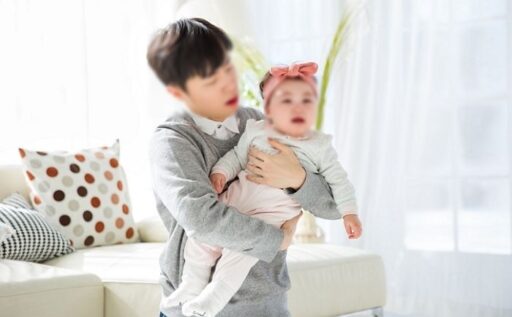
After implementing the 10 AM start time for parents with young children, businesses that maintain a 100% wage guarantee will receive a monthly support of 300,000 won.
It is expected that this system will benefit a total of 2,000 individuals, with a budget of 3.1 billion won.
The age limit for child allowances will be raised to under 8 years starting next year, with varied support based on region.
In the metropolitan area, it will be 100,000 won; in non-metropolitan areas, it will be 105,000 won; in regions with population decline, it will be 110,000 won (preferred support); and in severely underdeveloped areas within regions experiencing population decline, it will be 120,000 won (special support) distributed monthly.
Regions designated for demographic decline payments will receive an additional 10,000 won in local love gift certificates, allowing a maximum of 130,000 won.
The government increased the budget for child allowances from 1.9588 trillion won to 2.4822 trillion won, marking a 26.7% increase.
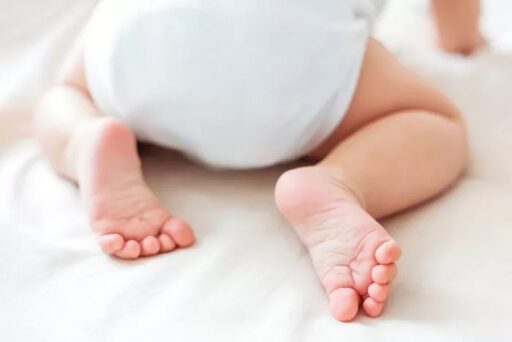
The eligibility for diaper and formula support for multi-child and disabled households has also expanded from 80% to 100% of the median income, benefiting an additional 35,000 households.
The free flu vaccinations will target those aged 13 to 14, and HPV vaccinations will now include boys aged 12.
Deputy Prime Minister and Minister of Economy and Finance, Kyun-tae Yoo, emphasized, "We aim to reverse low birth rates and address aging through tailored support for children, youth, and seniors," and added, "We will pilot a scheme to preferentially support seven major fiscal projects considering regional circumstances."
Image source: Materials for understanding the article / gettyimagesbank, photo=Insight

